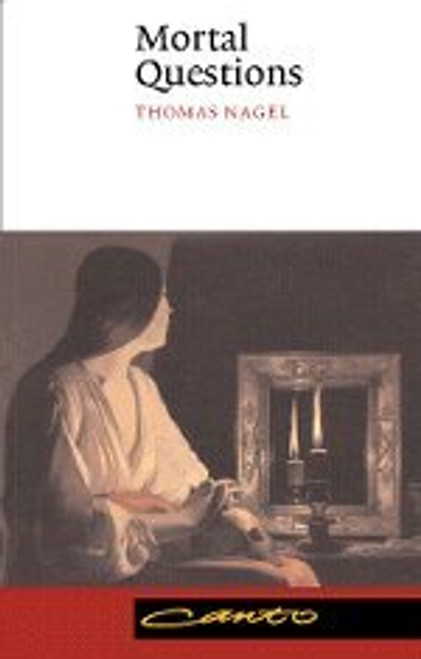Product Overview
Unforgettable revelations abound in this indispensable study of the rise of the Money Power.
Usury in Christendom provides the reader with a detailed understanding of how a den of thieves robbed the followers of Christ of their patrimony. It is grounded in an extensive study of rare and primary sources and represents a landmark revisionist history of how the breeders of money gained dominion over the West.
For most of the first 1500 years of Christianity usury, the lending of money at interest, was unanimously condemned by the Fathers of the Early Church, and by popes, councils and saints, as a damnable sin equivalent to robbery and even murder. Any interest on loans of money, not just exorbitant interest, was defined de fide as a grave transgression against God and man.
Hoffman confronts the reader with a startling datum: the overthrow of magisterial dogma and the approval of scripture-twisting heresy occurred inside the Church centuries before the Enlightenment and the dawn of the modern era, culminating in the overthrow of divine truth; an epochal act of nullification.
Usury in Christendom: The Mortal Sin that Was and Now is Not resurrects the suppressed biblical, patristic and medieval Catholic doctrine on interest on money, provides new information on the record of early Protestant resistance to the usury revolution, and the discernment, by Dante and other visionaries, of the sub-rosa connection between usury and a host of abominations that continue to plague us today.
Western civilization was profoundly disfigured by the ecclesiastic exculpation of the charging of interest on debt. The result has been a pursuit of usurious profit unconstrained by the Word of God, the dogma of His true Church, and the consensus patrum of fifteen centuries.











